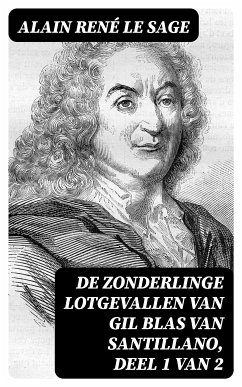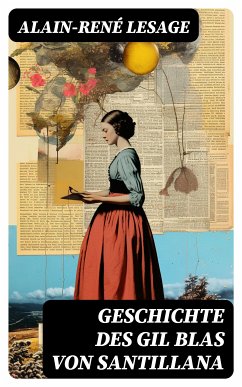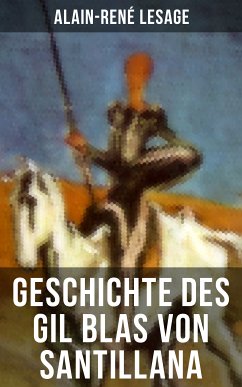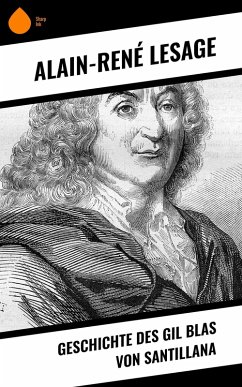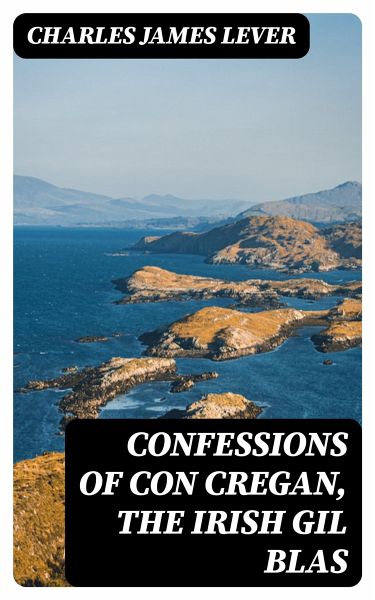
Confessions Of Con Cregan, the Irish Gil Blas (eBook, ePUB)
Versandkostenfrei!
Sofort per Download lieferbar
0,49 €
inkl. MwSt.
Weitere Ausgaben:

PAYBACK Punkte
0 °P sammeln!
In "Confessions of Con Cregan, the Irish Gil Blas," Charles James Lever presents a captivating narrative infused with humor, adventure, and social commentary. Set against the backdrop of 19th-century Ireland, the novel follows the mischievous yet endearing young rogue, Con Cregan, as he navigates through the complexities of Irish society. Lever's prose is characterized by its wit and lively dialogue, reflecting the oral storytelling traditions of Ireland and the broader European literature of the time. Drawing parallels with Alain-René Lesage's "Gil Blas," Lever's work employs episodic storyt...
In "Confessions of Con Cregan, the Irish Gil Blas," Charles James Lever presents a captivating narrative infused with humor, adventure, and social commentary. Set against the backdrop of 19th-century Ireland, the novel follows the mischievous yet endearing young rogue, Con Cregan, as he navigates through the complexities of Irish society. Lever's prose is characterized by its wit and lively dialogue, reflecting the oral storytelling traditions of Ireland and the broader European literature of the time. Drawing parallels with Alain-René Lesage's "Gil Blas," Lever's work employs episodic storytelling that exposes the intricacies of character and milieu, all while maintaining a lighthearted tone that belies the undercurrents of socio-economic critique inherent in Cregan's escapades. Charles James Lever was an Irish novelist and playwright whose experiences in both Ireland and Europe profoundly shaped his literary voice. Often drawing on his background in law and his observations of society's eccentricities, Lever's works encapsulate the spirit of a transitional era in Irish literature. "Confessions of Con Cregan" reflects his own youthful adventures, as well as his keen awareness of the societal issues facing his contemporaries, whether through satire or heartfelt storytelling. Recommended for readers interested in classic Irish literature and character-driven narratives, Lever's novel is a delightful exploration of the human condition. With its rich characterization and perceptive wit, readers will find themselves immersed in the charm of 19th-century Ireland, making this novel an essential addition to any literary collection.
Dieser Download kann aus rechtlichen Gründen nur mit Rechnungsadresse in A, B, BG, CY, CZ, D, DK, EW, E, FIN, F, GR, H, IRL, I, LT, L, LR, M, NL, PL, P, R, S, SLO, SK ausgeliefert werden.





